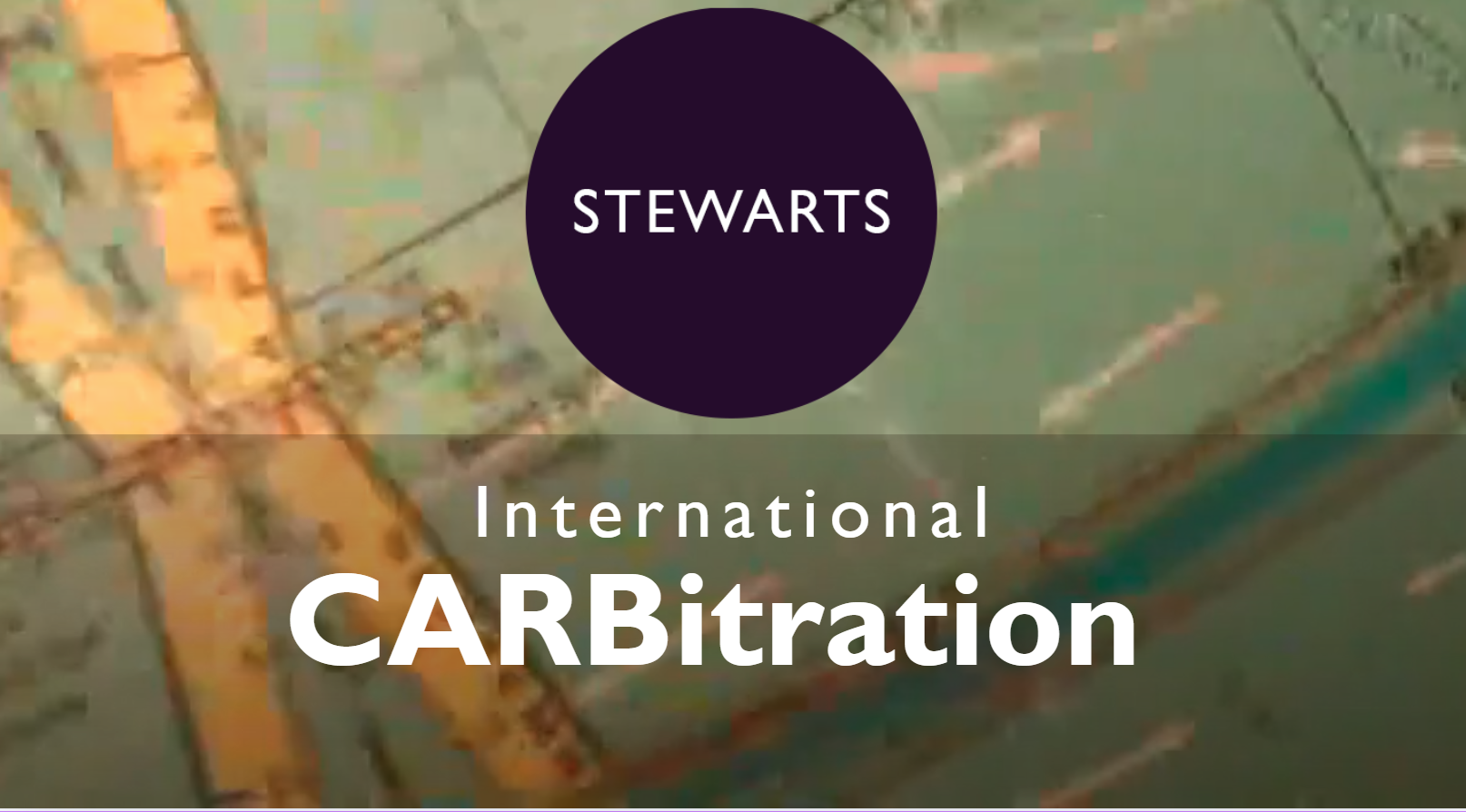When may enforcement be necessary?
Once an arbitral tribunal issues an award and subject to any available challenges or appeals to that award, the relevant award debtor ought to satisfy the award. It is sometimes the case that the losing party refuses to pay what the award orders or to otherwise comply with its terms. In this circumstance, the award creditor needs to consider enforcement action.
Enforcement action typically involves an award-creditor initiating proceedings before one or more national courts. Those proceedings often seek recognition of the award within the relevant jurisdiction and orders allowing the award-creditor to attach, charge and/or take control of the losing party’s assets to satisfy any monetary aspect of the award and other orders, as appropriate, to seek to force compliance with the award.
Enforcement is, most often, carried out against assets. Accordingly, prior investigations of the debtor’s financial position are necessary to identify the most substantial assets. Stewarts’ International Arbitration team will consider the issue of enforcement even before arbitration is commenced to ensure that our clients have a viable enforcement strategy in place should it be needed. Following these investigations, local legal advice can be obtained and proceedings may be commenced in the jurisdiction in which those assets are located.
Enforcing arbitral awards globally: the New York Convention and ICSID Convention
In most cases, the process of enforcing arbitral awards is simpler than enforcing foreign judgments before domestic courts.
The key reason is the existence of a comprehensive network of international treaties that states have concluded to facilitate the enforcement of arbitral awards. The most relevant of these are the Convention on the Recognition and Enforcement of Foreign Arbitral Awards (also known as the “New York Convention”) and the Convention on the Settlement of Investment Disputes between States and Nationals of other States (also known as the “ICSID Convention”). (The latter is a specific dispute resolution mechanism for investment treaty arbitrations created under the auspices of the World Bank.)
Most enforcement proceedings take place under the New York Convention, to which more than 170 states are party. National courts of these states have a treaty obligation, generally bolstered by accompanying national arbitration legislation or laws, to recognise and enforce foreign arbitral awards (save in certain, limited exceptions).
In addition to the New York Convention, certain arbitral awards issued in respect of disputes between states and foreign investors can be enforced under the ICSID Convention. Under this treaty, awards rendered by ICSID tribunals are treated as final domestic judgments for the purposes of enforcement in the states which are party to the ICSID Convention – currently more than 150 states.
Strategising enforcement
When considering their case strategy, future award-creditors should take into account where they might eventually want to enforce any award (i.e. where the other party/ies to any future award may have assets available for enforcement) or where the losing party might face enforcement proceedings. Sophisticated clients will consider these issues as part of their decision-making at the very outset about whether to pursue arbitration against a party.
In certain circumstances, future award-creditors may also want to take pre-award steps, such as seeking freezing injunctions, to ensure that assets are available for enforcement when the time comes.
If award-creditors pursue enforcement proceedings against a state or a state entity, they will need to be mindful of further issues that may arise, mainly relating to state immunity.
State immunity is a defence that states may, and often do, assert. It is based on international law. In England & Wales, for example, it is regulated primarily under the State Immunity Act 1978. This defence makes it difficult for an award-creditor to enforce an award against certain classes of state property (i.e. property used for diplomatic purposes or military property).
Enforcement must be part of any party’s strategic planning when faced with a potential or existing arbitration. The International Arbitration team at Stewarts is well-versed in issues connected with enforcement and has significant experience of enforcement matters involving clients from around the world. That includes experience of exploring the sale by an award creditor of the debts due under an award (at a discount) to a third party secondary buyer, as part of a risk-managed enforcement strategy focussed on optimising immediate cash flow.
Contact us
Our team specialises in commercial litigation, investment treaty arbitration and arbitration-related litigation and can advise on enforcement issues arising in connection with each. Contact one of the team to learn more about what we do and how we can help you.
-
Expertise
Stewarts Litigate
A groundbreaking after the event (ATE) insurance facility for our commercial disputes clients.
Stewarts Litigate provides our commercial disputes clients with rapid access to comprehensive ATE insurance at pre-agreed market leading rates.
This communication has been authorised by Arthur J Gallagher Insurance Brokers Limited for the purpose of s21 of the Financial Services and Markets Act 2000

"Stewarts has excellent practitioners, who are sophisticated, hands-on and personable. They have strong work ethics and are very responsive."
Chambers
"A highly sophisticated disputes practice, with people with real expertise in arbitration law and practice. Highly responsive and truly international in its approach."
The Legal 500
"Stewarts focuses on what it does best and has built up a team of exceptional individuals to respond to the particular needs of their clients."
The Legal 500
"Stewarts' success rates are significantly high and their client testimonials reflect a high level of satisfaction with both their results and their methods. Their proactive approach in legal planning and conflict resolution saves their clients time and resources, setting them apart from peers."
The Legal 500
Meet the International Arbitration team
Our team is highly ranked in both leading independent legal directories, Chambers and The Legal 500.
Our lawyers have extensive experience of cases seated in London and other arbitral centres around the world.





